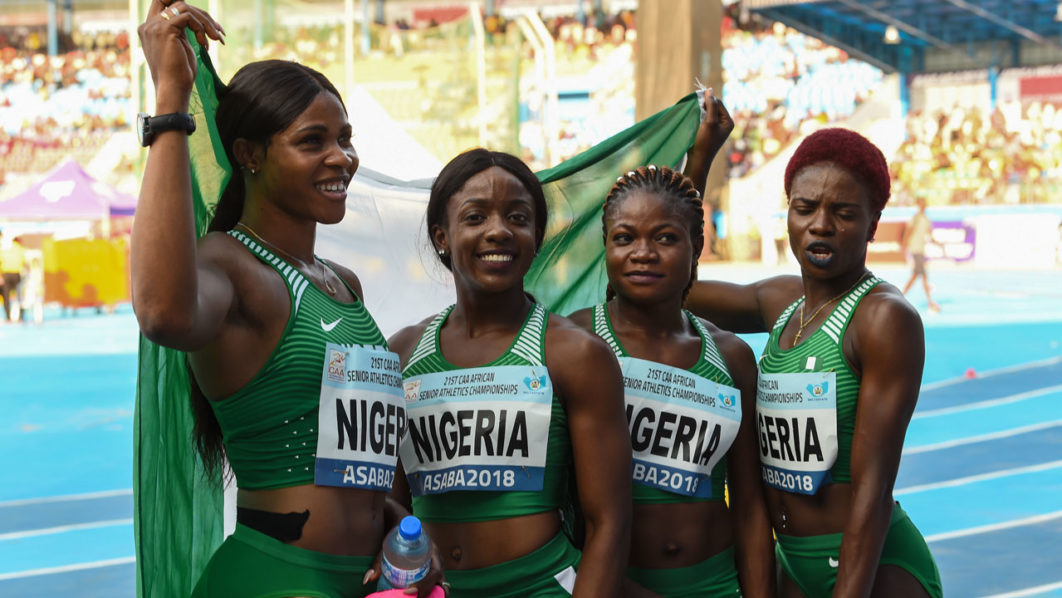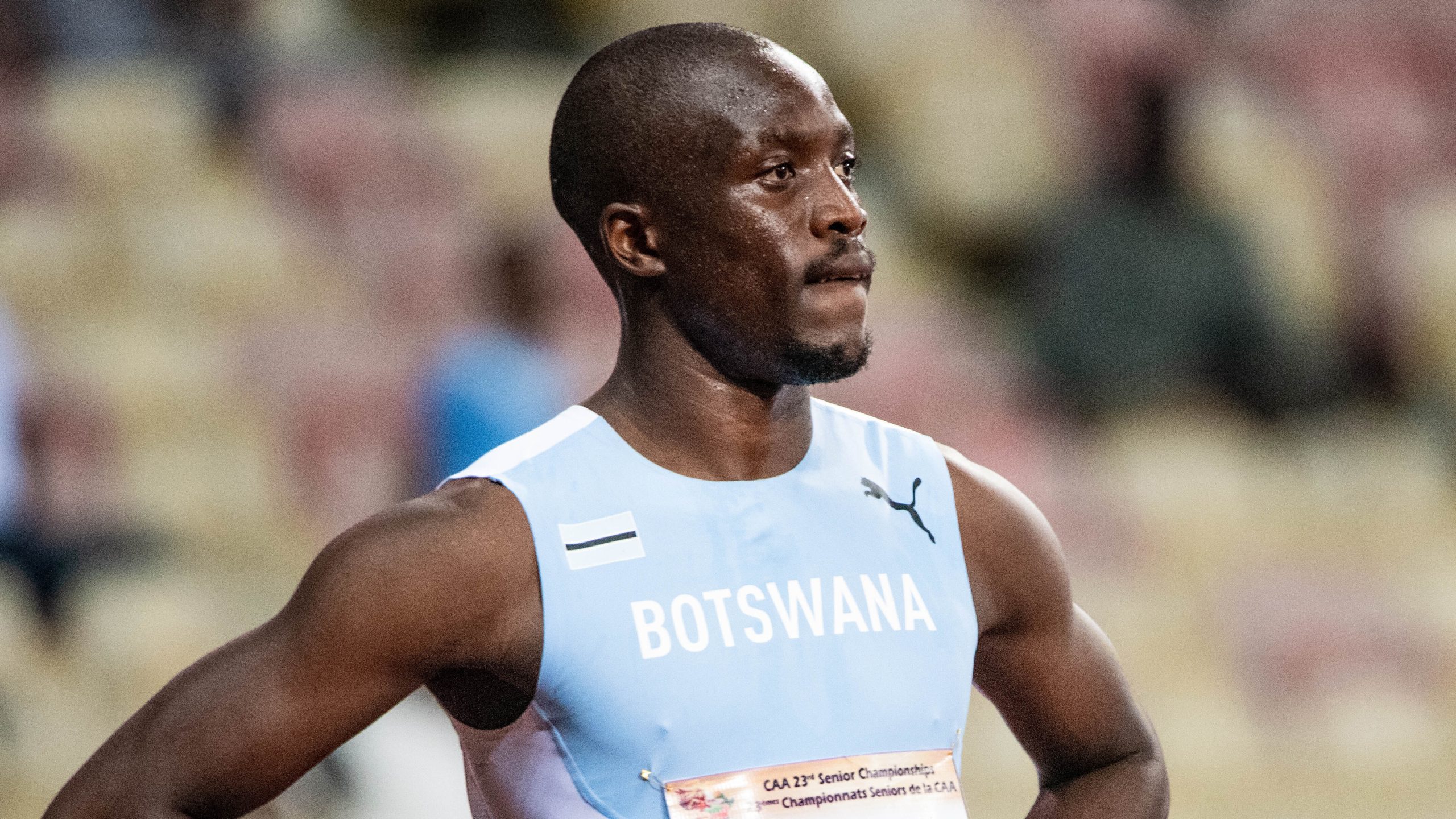
Depending on what side of the fence (a fence created by the organising committee, as it were) you are on, it was either a roaring success or a colossal embarrassment.
As far as the actual organising of the event goes, everyone has talked about the negative aspects of it, and so there is no point raking the organisers over the coals afresh.
There is always a lesson to be taken, and sometimes we can, in our brashness and eagerness to crush perceived dissent, we often mistake valid criticism for an attack.
Hopefully, those lessons are, in fact, learned and applied for future events.
It was not all bad, in any case, as each day of the event saw sizeable crowds at the Stephen Keshi Stadium, as well as little improvements.
Fantastic performances saw Glory Nathaniel win gold medal for Nigeria in the final of the women’s 400m Hurdles and Oluwatobiloba Amusan ruled the women’s 100m hurdles.
Grace Anigbata jumped to gold in the high jump, a feat equally repeated by the Women’s 4x400m quartet.
Deserved accolades and kudos to our golden ladies.
Clearly, the Athletics Federation of Nigeria (AFN) can only consider this as a minor triumph.
Significantly, we will take a look at the actual performance of the athletes overall, and while, on the surface, a third-place finish is not the end of the world, the trend suggests that all is not quite well in paradise.
The sprints and its relays used to be a calling card for Nigeria, our own specialty as it were.
What we saw in Asaba instead was a stark and worrying reflection of the fact that we have lost that significant lead, and have become quite ordinary.
South Africa now looks to be the dominant force on the continent in the short distances, with Ncincilili Titi and Akani Simbine leading the way in the 200m and 100m men’s finals respectively.
Ivoirian Marie-Josée Ta Lou claimed both gold medals on the women’s side.
What was most remarkable about this was not so much the fact that Nigeria failed to win these events, but the almost complete absence of Nigerians on the podiums.
Joy Udo-Gabriel earned a bronze in the 200m for the women, and Divine Oduduru placed second for the men, but that was pretty much it.
Due to the neglect of school sports events, and the continued abandonment of the national sports festival, it looks now like there is a lack of talent.
These grassroots pipelines, which had always served Nigeria well in the past, have been plugged entirely due to complacency and carelessness, depriving the nation of the next generation of talent.
Whereas once we would have those farmed through the system earn collegiate scholarships abroad, now we are entirely dependent on athletes discovered abroad, whose sense of identity and patriotism we can appeal to, to come and represent us.
As one can imagine, it is not at all an efficient system.
The raw materials have always been there, and almost certainly still are.
But what Asaba showed us is that Nigeria is well behind the curve in terms of development and harnessing that potential.
Sport does not exist in a bubble, and so this theme of poverty in the midst of plenty is one Nigerians can relate to, even in our wider economic reality.
The dominance of East Africa over longer distances continues, and has become something of a meme down the years.
The reason for that is simple: the Kenyans and Ethiopians make the most of their natural advantages, while still seeking and evolving ways of maintaining their edge by keeping one step ahead.
For Nigeria to be able to compete on the African scene, and remain relevant, certain things must be placed on the front burner.
The discovery and welfare of athletes, the degree of financial support given to them, the level of coaching expertise and training available to them; these are all areas that have been flagged by virtue of being able to observe, at close quarters, our athletes in relation to the competition from other African nations.
Also, there has to be a greater drive for exposure of our athletes to meets and events outside the country, as well as an administration that is pulling together for the glory of Nigeria first and foremost.
The moribund school sports system must, as a matter of urgency, be revived, in order to once again crank up the talent conveyor belt.
Without these, Nigeria will continue to pay lip service to the very real problems plaguing the sector, going round in circles.
[ad unit=2]






